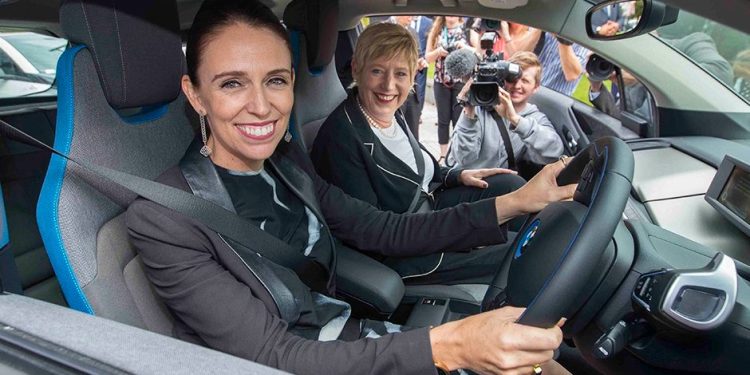NZ Government ‘Clean Car’ schemes one step closer to reality
Words: Matthew Hansen
While much debate has already taken place regarding the New Zealand Government’s Clean Car Discount and Clean Car Standard schemes, elements of both schemes still need to pass through parliament before they become reality.
The two schemes took a big step earlier this week, when Minister of Transport Michael Wood introduced the proposed legislation to parliament on Wednesday, with the first reading scheduled to take place yesterday.
The two schemes aim to “achieve a rapid reduction in carbon dioxide emissions from light vehicles imported into New Zealand”, says parliament, by “increasing the supply and variety of zero- and low-emissions vehicles, increasing the demand for zero- and low-emissions vehicles, and informing New Zealanders about vehicle emissions levels and rebates receivable.”
While some of the Clean Car Discount scheme has already kicked off, namely the discounts of up to $8,625 that buyers of new and second-hand plug-in vehicles have been able to claim since July, other elements of the scheme will rely on the bill passing in parliament.
The most controversial element of the bill has been the decision to add a levy to high-emission vehicles. This most notably includes utes; one of the most popular new-vehicle segments in New Zealand.
News that utes might start incurring charges of over $3000 (depending on the model and its emission ratings) spurred on nationwide debate, culminating in significant support of Groundswell New Zealand’s nationwide protests in July.
The opposition National Party is unlikely to support the bill. It’s already announced that it plans to repeal the Clean Car Discount scheme if it is voted into power in the next election.
“We are not going to tax ute drivers and the people of south Auckland to pay for people who want to have an EV,” said National Party leader Judith Collins back in June, speaking to the AM Show.
“I actually drive [an EV] a lot in Auckland. That is part of the deal when you are Leader of the Opposition. You get one of these provided for you. I like the EV. It’s very fun. The problem, of course, is that I don’t have to fill my car with tradesman’s tools, I am not a vet working on farms, I am not someone who really does need to have a big vehicle with a whole lot of tools in it.”
The Clean Car Standard has also had mixed feedback among new-car distributors and second-hand car dealers, namely due to the charges it’s expected to bring into place for those who bring in cars that don’t meet emission targets.
The Clean Car Standard states that new passenger cars brought into New Zealand from 2023 must have a CO2 rating of 145g/km or better, sliding downwards to 105g/km by 2025, and 63g/km by 2027. Utes and vans have less arduous targets (132g/100km by 2025).





